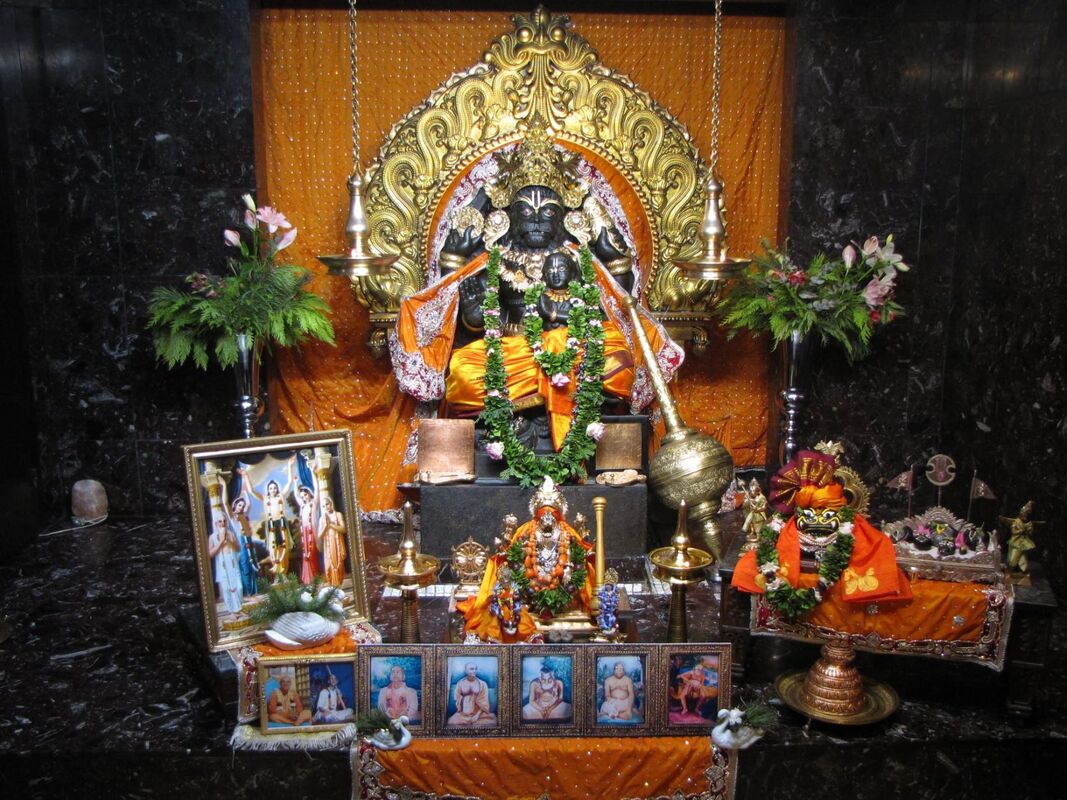Such a structure should be considered a must for any temple that maintains a brahmachari- and/or brahmacharini-ashrama. The temple residents need guidance on whether they should enter the grihastha-ashrama and when to do so; and they deserve assistance in finding a suitable candidate.
If such service is not offered, especially to the temple residents, it may be viewed as a serious form of neglect, perhaps even exploitation. After all, brahmacharis and brahmacharinis allow themselves to be fully dependent on the authorities and submit themselves in service. This is the consciousness and attitude appropriate to this ashrama.
Not to assist a person to move on in their life and enter marriage, at the right point in time, can be viewed as a serious failure in providing care – even a misuse of their trust in us. We also have to be aware that it may not be in the interest of a manager to advise a brahmachari to enter family life. Such advice may not be in his managerial interest: After all, every temple gains so much from having as many brahmacharis as possible! They give inspiration to the whole community, preach, go on book distribution and harinama, and render a lot of service – selflessly and unconditionally.
Therefore, we often observe that a temple manager does not want to put the idea of marriage into the minds of the brahmacharis. This may also relate to the women in the brahmacharini-ashrama. They equally render so many valuable services, and sometimes a temple may even depend on their voluntary contribution in order to make ends meet. In this way, the temple authorities may not always be in favour of a monastic temple resident getting married.
In the book "Sheltering Relationships – The Foundation of Devotee Care", we establish how important it is to have a mentor or coach who has no other interest except our spiritual growth and development; no financial interests, no emotional interests and also no managerial interest. The essence of devotee care is to recognise the need to become more people-focused, rather than project-focused. Unless we implement such a vision of care into our ISKCON society, we will be prone to use devotees for our ambitions (no matter how spiritual they may be) and the external development of our projects, thus neglecting to care for and nourish the devotees. We may even burn them out and, as a result, they may leave Krishna consciousness altogether.
How to enter grihastha life should be considered a part of our general spiritual education and training for everyone in our communities. I pray for the day when we can make this shift into the grihastha-ashrama in a cultured way – according to Krishna’s recommendations. Then we will have more hope for stable and emotionally healthy families.
On the 27th of January I moved on to Zurich/Switzerland....
Your servant, Devaki dd



 RSS Feed
RSS Feed
